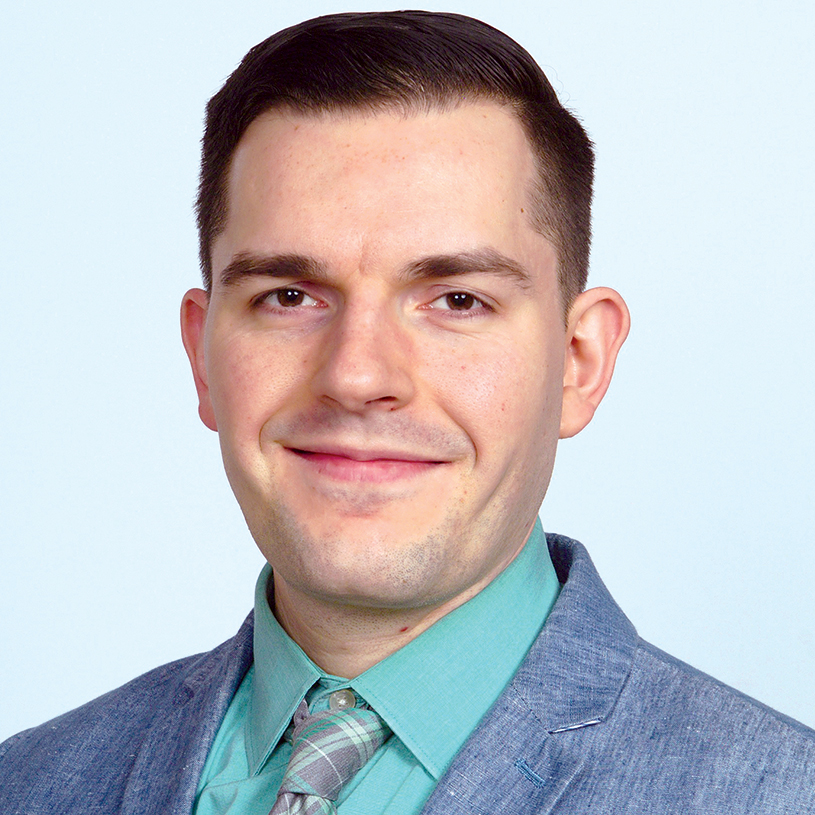
For Genesis HealthCare, caring for the country’s veterans of war is not just a small corporate d0-good to note during a year-end earnings call. Rather, it’s a strategic driver for the nation’s largest nursing home chain.
That much is clear from one recent announcement from the Kennett Square, PA, company and a conversation with one of its leaders. For several years now, Genesis has taken part in a program called “We Honor Veterans,” in partnership with the National Hospice and Palliative Care Organization.
With it, Genesis’ centers can achieve one of four different levels of recognition in the provision of care for veterans. The bottom starts with more basic, foundational principles, such as educating providers on vet-centered care, while the fourth tier is much more about integration with community resources such as the local VA, says Scott Soucy, senior director of managed care business development.
To date, 220 of Genesis’ facilities have been recognized as We Honor Veterans Community Partners, with many notching that level-four street cred. But not wanting to rest on their laurels, the company is now working on a level-five designation, one that would need to be re-upped annually, and be more future-thinking, with a focus on reaching outside the SNF. “The way that we’ve seen it work the best is when we don’t work just within ourselves. I’m anticipating level 5 will be very inter-organizational,” Soucy told McKnight’s.
He added that some centers had achieved top status years ago and we’re becoming restless, wanting to get even better.
“Human nature is, if you have the ability to get certified or put a stamp of achievement on the things that you’re doing, you’re more engaged or more motivated to get that to happen,” he said. “So, we’ve been living with the four levels for five years and we wanted to reenergize folks, especially at the level 4 centers.”
These discussions are only in their infancy, as Genesis plans to gather some of its top leaders in the program for a conversation with the National Hospice and Palliative Care Organization later this month. Along with that interorganizational drive, Soucy said they may also look at adding a political element to level 5, rewarding centers that working to ensure that local policies keep veterans in mind.
“Care access for vets has always been a hot topic and there are a lot of changes going on with it this year,” he said. “So, is there an opportunity or could there be an activity in that level 5 that steers centers to get educated on the biggest issues right now in veterans’ access to care?”
“Obviously, if you’re in Philadelphia or the mountains in Vermont, the problems are going to be a little more different, he added. “And the program really has to be broad enough so that any of our centers, no matter where they are located, could participate.”
And as I mentioned earlier, you can certainly argue that there’s a business case for this type of veteran-centered care. Genesis now has more than 100 VA-contracted facilities, employs north of 1,200 vets, and cares for 16,000 of these individuals annually. Part of We Honor Veterans has been reaching out to this population, many whom are unaware of local skilled care centers and the range of services they provide. Participating in the program, has no doubt, helped to increase Genesis’ census numbers at a time when many of its peers are struggling to keep beds occupied.
Treating vets with unique mental and physical care needs also would have a ripple effect, in that it prepares Genesis providers to tackle less familiar patient populations, outside of the veteran community.
Soucy gave the example of a 58-year-old male who was admitted last year to one New Jersey nursing center for a mini stroke, along with acute embolism, alcohol dependence and major depression. The initial assumption was that he would need to be admitted as a long-term care resident, after being kicked out of his previous residence due to alcohol abuse and an inability to live alone. However, the nursing and rehab teams worked with “Mr. S” over the next seven months, and were able to discharge him back into the community.
The key to his success was the support of the team, along with its ability to understand his experiences as a veteran, help create a safe space for him, and allow him to examine his former dependency to foster better coping skills. Now, the center is better prepared the next time a patient comes along with similarly complex needs.
“There’s a halo effect,” Soucy said. “So, some of the programs that we would focus in on to attract a higher veteran population could actually benefit the greater good as a whole.”
Pretty neat when one feel-good program snowballs like this.
Follow Staff Writer Marty Stempniak @MStempniak.




